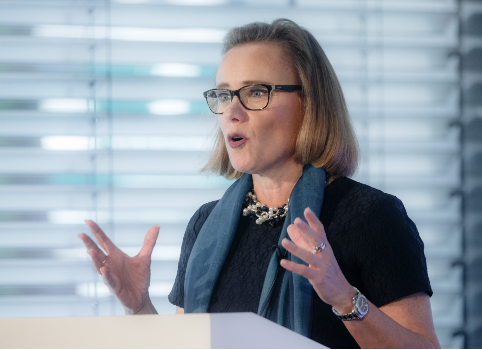The company said in a statement that none of the cuts would involve forced redundancies.
“Merck plans to eliminate around 1,100 of the 10,900 positions in Germany by the end of 2015,” the statement said, as part of an efficiency plan drawn up in agreement with employee representatives.
The jobs would be cut “in a socially acceptable manner, mainly through
voluntary resignation and early retirement programmes across all divisions and
functions.”
The pharma giant said there would be no outsourcing, with a few key exceptions.
Two sites employing around 140 employees in Lehrte and Hohenbrunn are to be discontinued. Management and employee representatives would “consider various scenarios for the two sites” in the coming months.
“We have had constructive discussions with works council members for the
past several months and are happy to say that we now have a roadmap that will
position Merck Germany in such a way that the company is prepared for the
challenges we will face,” said human resources head Kai Beckmann.
“This agreement is a positive development for Merck’s future and a clear
commitment to Germany.”
Works council chief Heiner Wilhelm said it was “particularly important”
that there would be no forced redundancies through the end of 2017 and “we
were largely able to avoid outsourcing of jobs.”
Further cost savings would be achieved via a reduction in personnel costs as the result of “a restructuring of the compensation system,” Merck continued, but did not provide further details.
The company said it would also invest “at least €250 million euros” in its headquarters in Darmstadt and other German sites over the next two years.
AFP/The Local/sh



 Please whitelist us to continue reading.
Please whitelist us to continue reading.
Member comments